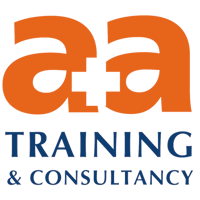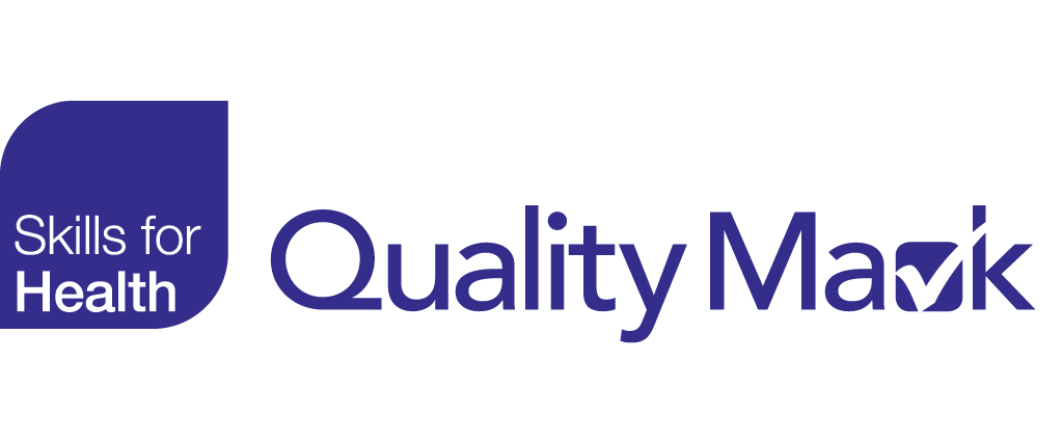To book or amend a training course please email bookings@aatcl.co.uk
We will respond to your email by the close of business of the next working day. If your booking is urgent, please call us on 01634 717703 to speak to a member of the team.
| Average Lead Time | ||
|---|---|---|
| Less than 2 weeks | Unrealistic but possible | |
| 2 to 4 weeks | Possible | |
| 4 to 8 weeks | Realistic but may need to offer different days within the week requested | |
| 8 weeks’ notice or more | Definite guarantee within the week requested | |
If you need to cancel a course, we require 10 working days’ notice (Monday to Friday). If less notice is provided, then the following charges apply:
| Standard Cancellation Charges | |
|---|---|
| Up to 5 clear working days | 100% |
| 6 to 7 clear working days | 50% |
| 8 to 10 clear working days | 25% |
| Over 10 clear working days | no charge |
Please note the above cancellation terms do not apply to courses booked online. Please see below.
Yes, all our courses are delivered in line with current Resuscitation Council UK guidelines.
Sudden cardiac arrest (SCA) occurs because the normal electrical rhythm that controls the heart is replaced by a chaotic and disorganised electrical rhythm called ventricular fibrillation (VF).
Modern AEDs are very reliable and will not allow a shock to be given unless it is needed. They are extremely unlikely to do any harm to a person who has collapsed in suspected SCA. They are safe to use and present minimal risk to the rescuer. These features make them suitable for use by members of the public with modest (or even no) training, and for use in Public Access Defibrillation (PAD) schemes.
Public Access Defibrillation (PAD) describes the use of Automated External Defibrillators (AEDs) by members of the public. AEDs have been provided in many public locations by the Department of Health, the British Heart Foundation (BHF) and other charities and can now be found in many busy public places including airports, mainline railway stations, shopping centres, and gyms. They are meant to be used by members of the public if they witness a cardiac arrest.
The Resuscitation Council UK has designed a sign which many public spaces equipped with a PAD will display.
If you witness someone who has collapsed possibly because of cardiac arrest, dial 999 to call the emergency medical services immediately. Follow the instructions given by the ambulance control centre who will provide instructions about the steps to be taken.
This may include the location of the nearest PAD. Staff working at the location should also know the location of an AED nearby.
The GoodSAM community has mapped over 40,000 Public Access AEDs.
AEDs have been used by untrained people to save life. Clear, spoken instructions and visual illustrations guide users through the process. A lack of training, or recent refresher training, should not be a barrier to someone using one. If you are prepared to use the AED do not be put off from doing so.
It is safe to use a defibrillator and shock a person in cardiac arrest on a metal surface as long as the electrode pads do not contact the metal surface and no-one is touching the person when the shock is delivered.
An AED can be used in rain /snow as long as the victims chest is dried before the electrode pads are applied and the victim and rescuer are not in a puddle.
The number of children who need to be defibrillated due to a shockable heart rhythm is very low but it can happen. The priority must always be for high quality CPR and getting expert help. However, if an AED is the only available device then it can be used across all age groups.
The Resuscitation Council UK 2021 guidelines state that if using an AED on a child who is less than 8 years old, a paediatric attenuated shock energy should be used where possible. Commonly the AED will then restrict the shock energy.
If the device is in a school, a device or ability to reduce the energy level should be available and training should be provided in the machine’s use and users should always refer to the manufacturers guidance when writing local user guides.
Sudden cardiac arrest (SCA) is rare in women who are pregnant, but if it were to occur it is appropriate to use an AED. The procedure is the same as in the non-pregnant but it is important to place the pads clear of enlarged breasts.
Sudden cardiac arrest (SCA) in school-age children is rare. Resuscitation attempts at schools are more likely to be made on an adult (staff member or visitor) than a pupil. The presence of an AED at a school therefore provides potential benefit for everyone present at the site.
An additional and important advantage of having an AED prominently located at a school is that students become familiar with them and can learn about first aid, resuscitation and the purpose of defibrillation.
If you think an AED should be installed in your workplace, read the Guide to AEDs written by the Resuscitation Council UK and the British Heart Foundation as this will answer your questions in detail.

